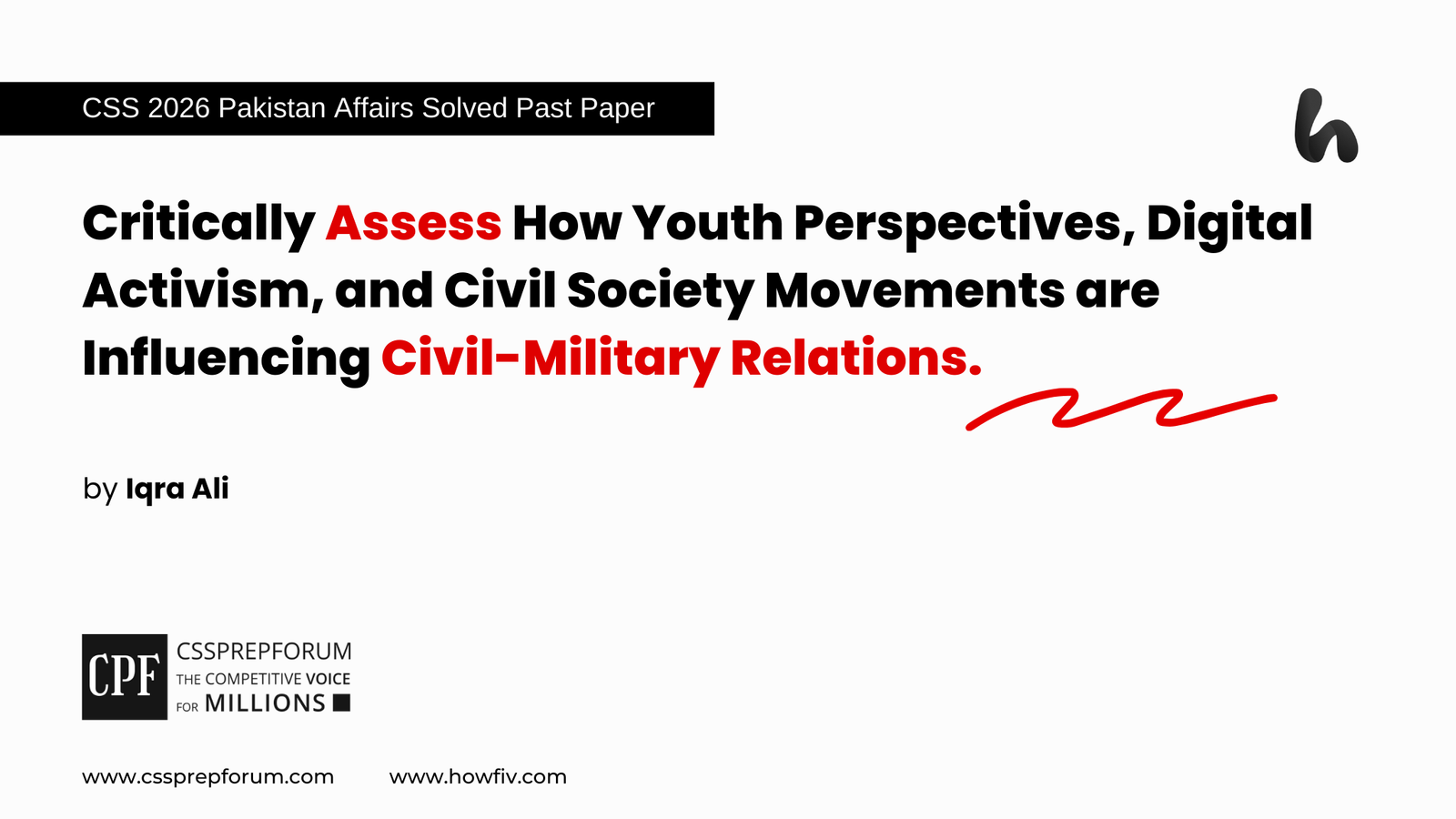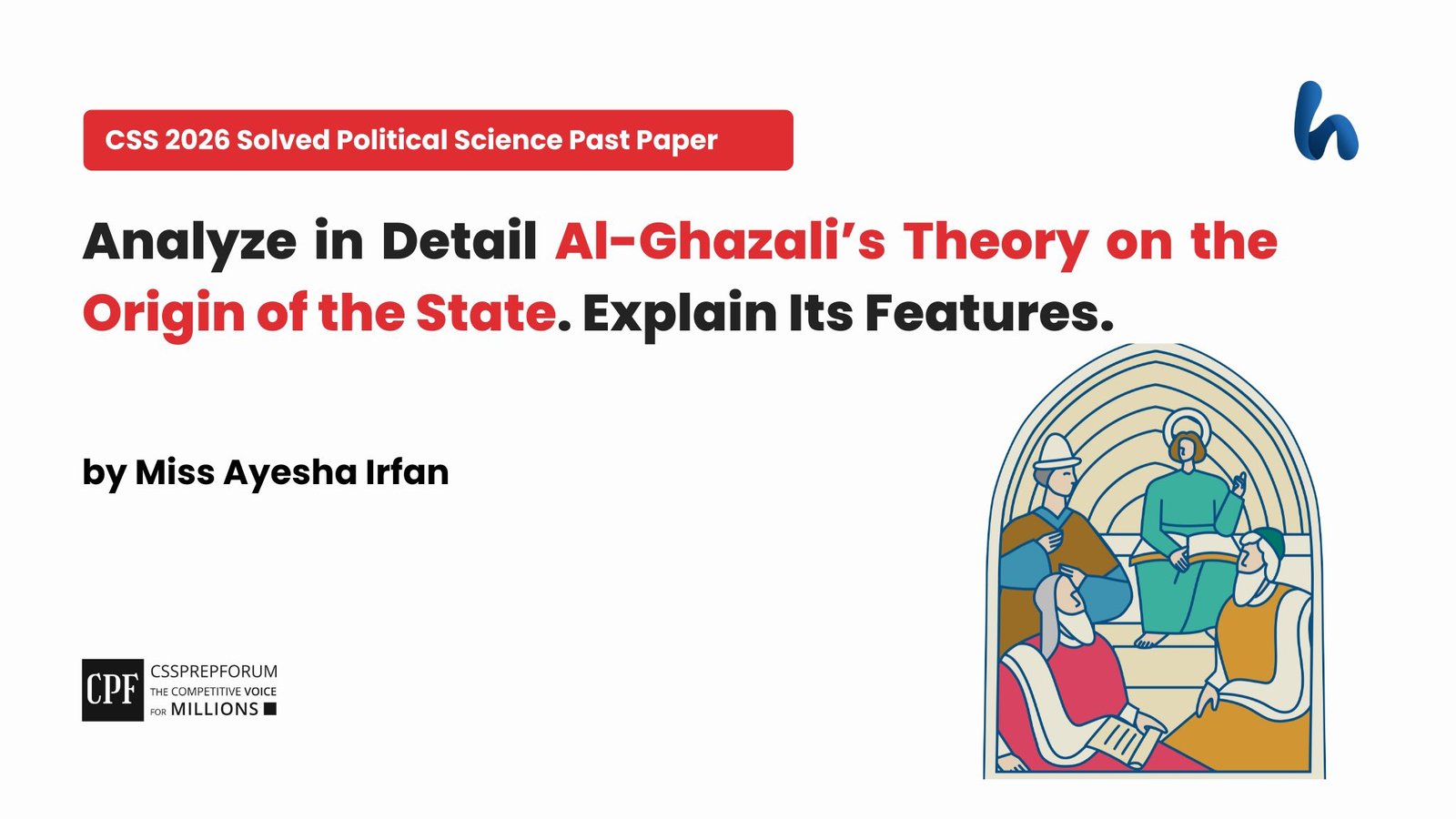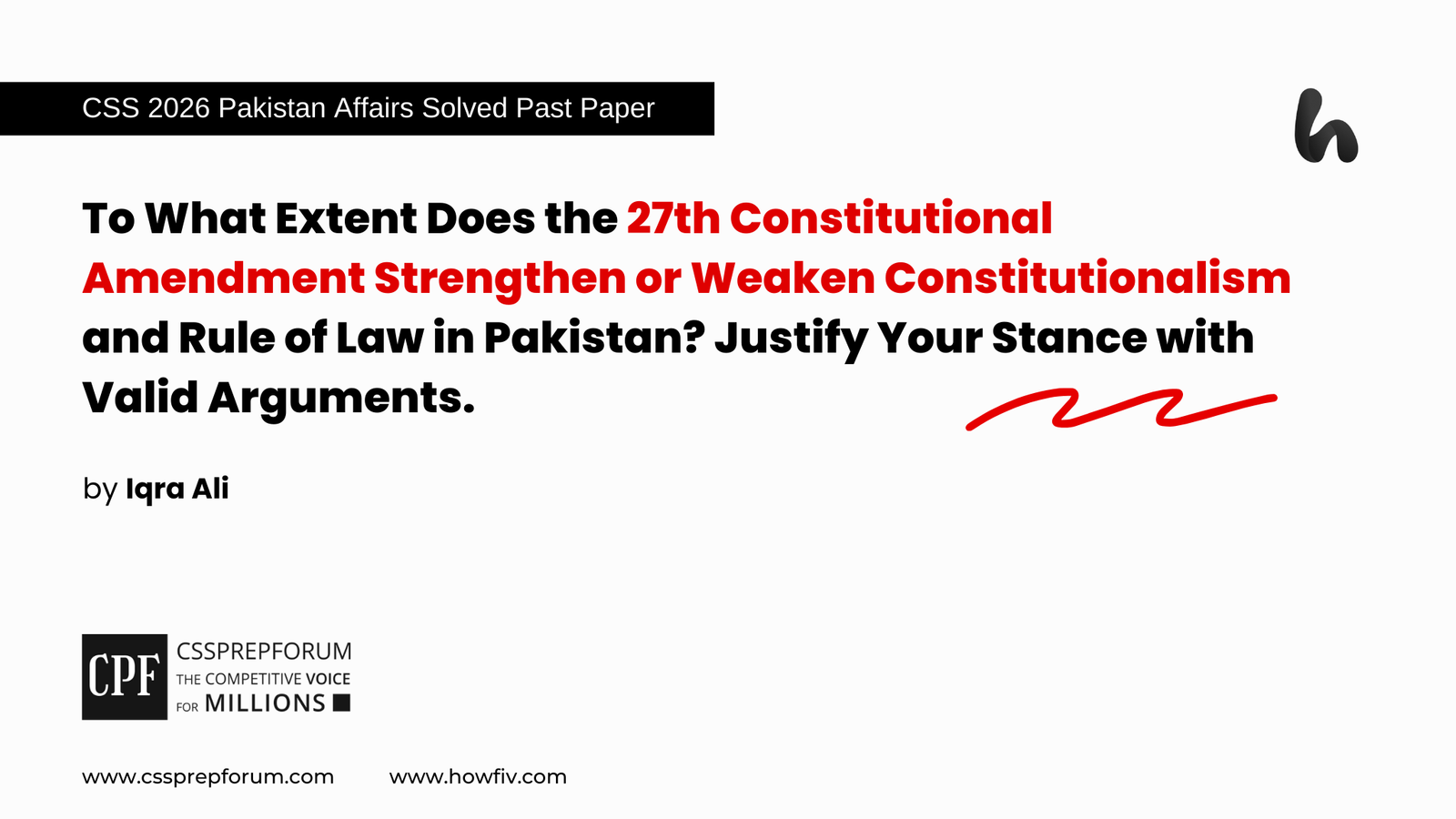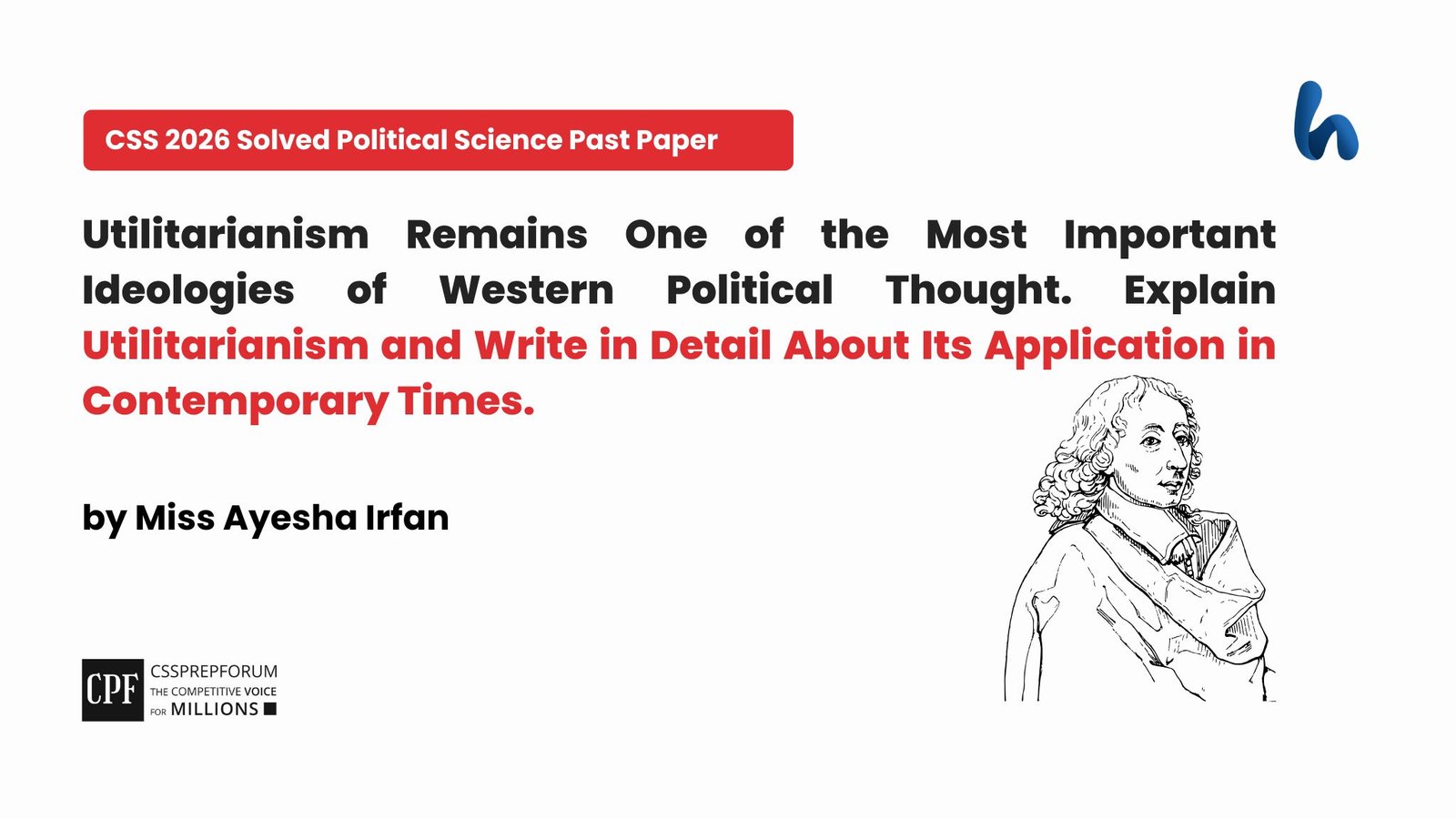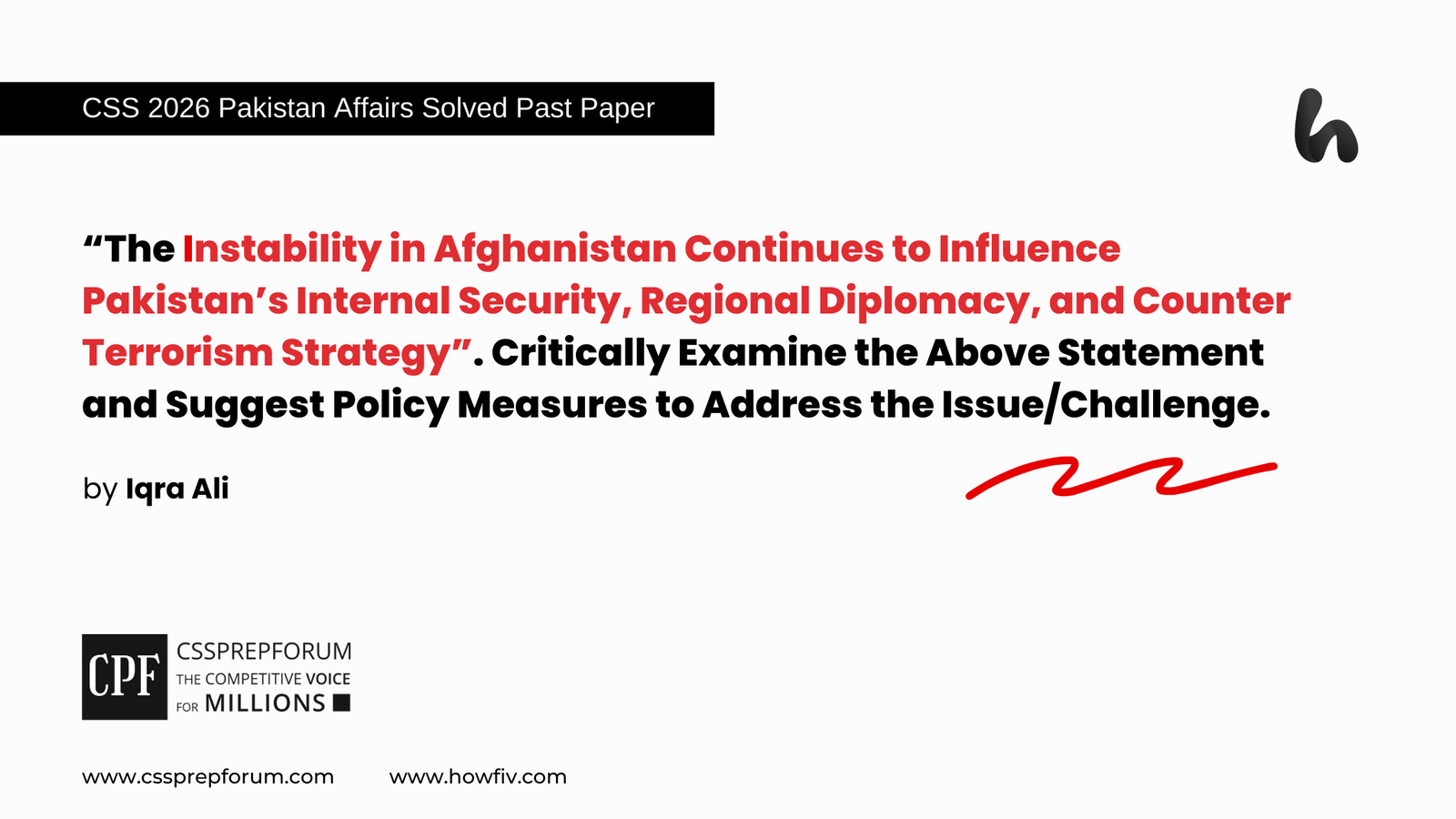Looking for the CSS 2025 essay “True Peace is Not Merely the Absence of Tension; It is the Presence of Justice”? Cssprepforum is Pakistan’s largest community with all CSS past paper essays and CSS solved essays. Continue reading!
Ammar Hashmi (CSS Qualifier), a student of Sir Syed Kazim Ali, has attempted the CSS 2025 essay “True Peace is Not Merely the Absence of Tension; It is the Presence of Justice” using Sir Kazim’s proven essay writing pattern and strategy. As Pakistan’s leading CSS and PMS English Essay and Precis coach, Sir Syed Kazim Ali has been the only English mentor with the highest success rate of his students in Essays and Precis for over a decade. The essay is uploaded to help other competitive aspirants learn and practice essay writing techniques and patterns to qualify for the essay paper.

Outline
Introduction
- While some argue that peace simply means the absence of open conflict or unrest, in reality, true peace is not simply the absence of war or social unrest but the presence of justice, fairness, and equality; without addressing injustice, peace remains fragile, artificial, and unsustainable.
- Defining Negative and Positive Peace
- The Role of Social and Economic Justice in Peacebuilding
- Human Rights and Equality as Prerequisites for Peace
- The Link Between Legal Justice and Social Stability
Why Justice is the True Measure of Peace
- Ensures long-term stability, as societies upholding justice prevent future conflicts
- Reduces social and political inequality because fair policies create harmony and reduce tensions
- Promotes human dignity and freedom, as true peace respects the rights of all individuals
- Eliminates structural violence, as justice dismantles systemic oppression and discrimination
- Encourages trust in institutions because a fair legal system fosters social cohesion
- Prevents revolutions and social upheavals, as addressing grievances peacefully avoids violent revolutions
- Strengthens national unity because justice allows diverse communities to coexist peacefully
- Creates a foundation for economic and social growth because equal opportunities lead to sustainable development.
Case Studies Proving Justice as the Path to Lasting Peace
- The Fall of the Berlin Wall and the Reunification of Germany
- Rwanda’s Post-Genocide Justice System
Counterarguments: Can Peace Exist Without Immediate Justice?
- Counterargument-1:Stability should be prioritized over justice because societies need stability first, and justice can follow gradually over time.
- Refutation: Stability without justice is temporary; underlying tensions will eventually surface.
- Counterargument-2: Growth and development bring peace because economic prosperity can create stability, reducing the need for immediate justice reforms.
- Refutation: Prosperity without justice benefits only the elite, fueling further division and unrest.
How to Build Peace Through Justice
- By strengthening legal and social institutions
- By addressing economic inequality and social exclusion
- By promoting human rights education
Conclusion

What does peace truly mean? Is it merely the absence of war and conflict or something more profound? A number of politicians, jurists, journalists, and intellectuals believe that if a society is free from violence, it has achieved peace. However, history and reality tell a different story. Societies that ignore injustice in the name of stability often find themselves facing protests, uprisings, and long-term instability. The division of Germany during the Cold War, for instance, maintained surface-level “peace” through suppression, but true peace only arrived with the fall of the Berlin Wall and the reunification of Germany, which ensured justice and freedom for its citizens. Likewise, the suppression of dissent in authoritarian states may create a temporary illusion of order, but without addressing grievances, lasting stability remains a myth. While some argue that stability is more important than justice, a society prioritising justice over fairness is delaying future unrest. This essay argues that true peace can only be achieved through justice, as it fosters equality, social harmony, and sustainable progress.
To understand the essence of true peace, differentiating between negative peace and positive peace is crucial. To begin with, negative peace refers to the mere absence of war, violence, or overt conflict. In such cases, since society may appear stable on the surface, underlying grievances, social injustices, and systemic inequalities remain unresolved. For instance, authoritarian regimes often maintain order through repression rather than by addressing the root causes of discontent. On the other hand, positive peace goes beyond the absence of violence; it ensures justice, equality, and the protection of human rights, thereby fostering long-term stability. In this sense, societies prioritising positive peace work towards eliminating discrimination, ensuring fair governance, and creating inclusive systems that prevent future conflicts rather than merely suppressing them.
After discussing the negative and positive aspects of peace, it is essential to acknowledge the role of social and economic justice in peacebuilding to grasp the foundation of lasting peace. At its core, peace cannot thrive in a society where poverty, discrimination, and inequality persist. In many instances, economic disparities have fueled protests, uprisings, and even revolutions, as marginalized groups demand their fair share of opportunities and resources. For example, the Arab Spring was largely driven by economic grievances, including unemployment and wealth inequality, which ignited mass protests. Similarly, systemic discrimination, whether racial, ethnic, or gender-based, creates deep societal divisions, fostering resentment and unrest. Therefore, ensuring economic fairness and social inclusion is not just a moral imperative but a necessary step in preventing conflict.
Moreover, human rights and equality have always been necessary for lasting peace. Fundamentally, a society that fails to uphold these principles fosters resentment, unrest, and deep social divisions. Time and again, history has shown that the suppression of fundamental rights leads to conflict rather than stability. For instance, in apartheid-era South Africa, institutionalized racial discrimination deprived the majority of their rights, resulting in decades of resistance and turmoil. Eventually, peace was only achieved through justice, reconciliation, and the dismantling of oppressive laws. Likewise, societies that marginalized certain groups, whether on the basis of race, gender, or class, have always risked long-term instability. Thus, protecting human rights and promoting equality are not optional but necessary conditions for ensuring true and sustainable peace.
Before describing why justice is the true measure of peace, it is also essential to examine the role of legal justice in maintaining social order to understand the connection between peace and stability. A just society is built on laws that are fair, impartial, and equally applied to all citizens. Without such legal protections, marginalized groups often face systemic oppression, leading to resentment and, ultimately, unrest. A compelling example of this is the Civil Rights Movement in the United States, where African Americans fought to end segregation and secure legal protections that would guarantee their rights. Had these legal reforms not been implemented, social tensions would have continued to escalate. Thus, a strong, impartial justice system is not just a governance component but a fundamental pillar of long-term social stability and peace.

Having established the significance of justice in peacebuilding, it is now crucial to explore how justice ensures long-term stability. First, a society that upholds justice creates an environment where individuals trust institutions, fostering social harmony and preventing conflict. When laws are applied fairly and human rights are protected, people are less likely to resort to violence or rebellion. For instance, a study by the World Justice Project (2024) found that countries with strong legal frameworks and low corruption levels experience fewer instances of civil unrest compared to those with weak justice systems. This indicates that justice serves as a stabilizing force, ensuring that grievances are addressed through lawful means rather than conflict. Thus, a fair and just society is not only more peaceful in the short term but also more resilient in the face of future challenges.
Building on the idea that justice fosters long-term stability, it is equally important to recognize its role in reducing social and political inequality, which helps prevent future conflicts. When justice prevails, individuals are treated equally under the law, regardless of their background, minimizing grievances that often lead to unrest. In contrast, societies that fail to address inequality experience recurring tensions and instability. For example, a 2024 report by the United Nations Development Programme (UNDP) found that nations with high levels of income and political inequality were 40% more likely to experience civil strife than those with equitable governance structures. This highlights that justice not only ensures fair treatment but also acts as a safeguard against political polarization and class struggles. Therefore, by eliminating systemic inequalities, justice creates a foundation for lasting peace and social cohesion.
Moreover, fair policies promote human dignity and freedom, minimizing social tensions. When individuals feel valued and respected under just laws, they are more likely to contribute positively to society rather than resort to resistance or unrest. On the other hand, policies that discriminate against certain groups foster resentment and destabilize communities. The World Economic Forum’s 2023 Global Social Mobility Report states that countries with equitable legal and economic policies experience 30% fewer instances of civil unrest compared to those with systemic discrimination. This demonstrates that fairness in governance fosters social harmony, as citizens trust institutions prioritizing their rights and freedoms. Thus, a society built on justice and dignity is less likely to experience prolonged tensions or conflict.
Following the argument that fair policies promote human dignity, it is equally important to recognize that true peace can only exist when structural violence is eliminated, ensuring that the rights of all individuals are respected. Structural violence refers to systemic inequalities embedded within social, economic, and political institutions that disadvantage certain groups. When societies fail to address these injustices, marginalized communities suffer, leading to deep-seated resentment and eventual unrest. A 2024 report by Amnesty International aptly remarks that countries with discriminatory legal frameworks were twice as likely to experience prolonged civil conflicts compared to those with inclusive policies. This underscores that true peace is not simply about silencing dissent but about addressing the root causes of inequality. Thus, by dismantling structures that perpetuate injustice, societies create a foundation for lasting peace and inclusivity.
Besides, justice dismantles systemic oppression and discrimination, fostering trust in institutions. Societies thrive when their citizens believe that legal, political, and economic systems operate fairly and without bias. When institutions uphold justice, individuals feel represented and protected, reducing the likelihood of social unrest. For example, the 2024 Edelman Trust Barometer found that countries with strong judicial independence and anti-discrimination laws reported 45% higher public trust in government institutions than those with weak legal frameworks. This demonstrates that fair and just institutions create stability by ensuring equal rights and opportunities for all. Thus, justice serves as the foundation of a well-functioning society, strengthening institutional credibility and securing long-term peace.
Next, a fair legal system fosters social cohesion and prevents revolutions and social upheavals. Societies, where laws are applied equally to all citizens, experience greater stability, as individuals feel that their grievances can be addressed through legal means rather than through rebellion. In contrast, when justice is denied, oppressed groups often resort to protests or even revolutions to demand their rights. Take the example of the 2022 study by the Institute for Economics and Peace, which found that nations with weak legal protections for marginalized groups were 60% more likely to experience violent uprisings. This highlights that fair governance resolves conflicts peacefully and strengthens national unity. Thus, justice protects against instability, ensuring long-term social harmony.
Moreover, addressing grievances peacefully and justly strengthens national unity. When citizens believe that their concerns can be resolved through dialogue and lawful processes, they are less likely to resort to violence. On the other hand, societies that suppress grievances rather than address them often face long-term divisions and instability. For example, according to a 2024 report by the Global Peace Index, countries prioritizing peaceful conflict resolution experience 35% fewer instances of civil unrest than those that ignore public concerns. This underscores justice as a unifying force, allowing diverse groups to coexist harmoniously. Thus, fostering peaceful grievance resolution ensures national stability, preventing deep societal fractures and violent uprisings.
Furthermore, justice always allows diverse communities to coexist peacefully, fostering economic and social growth. Societies that uphold justice provide equal opportunities for all, ensuring that individuals from different backgrounds can contribute to national development. Conversely, when justice is denied to certain groups, tensions rise, leading to economic stagnation and social fragmentation. For instance, a 2024 World Bank report found that countries with strong legal protections for minority groups experienced 40% higher economic growth than those with systemic discrimination. This highlights that inclusivity and fairness not only promote peace but also drive sustainable progress. Thus, by guaranteeing justice for all, societies create a stable environment where economic innovation and social cohesion thrive.
Last but not least, justice creates a foundation for economic and social growth by ensuring equal opportunities. When all individuals, regardless of background, have access to education, employment, and resources, societies experience sustainable development. Conversely, systemic discrimination and inequality restrict economic potential, preventing marginalized groups from contributing to national progress. For instance, a 2024 report by the International Labour Organization (ILO) found that countries with strong legal protections for marginalized communities had 30% higher workforce productivity than those with widespread inequality. This demonstrates that justice fosters a skilled and inclusive labor force, driving long-term economic stability. Thus, equal opportunities ensure that justice is not just a moral principle but a practical necessity for sustainable development.
Having established that justice fosters peace and sustainable development, examining historical case studies demonstrating its role in ensuring lasting stability is crucial. One such example is the fall of the Berlin Wall in 1989 and the subsequent reunification of Germany. For decades, Germany remained divided between the democratic West and the communist East, where citizens faced political repression and economic disparity. However, after the fall of the Wall, political and economic justice were prioritized, ensuring equal rights, democratic governance, and economic opportunities for all Germans. According to a 2021 study by the German Economic Institute, reunification led to a 200% increase in economic productivity in former East Germany within two decades. This case illustrates that true peace is achieved when justice eliminates systemic inequalities, fostering national unity and stability.
Similarly, the case of Rwanda provides further evidence that justice is the key to lasting peace. Following the 1994 genocide, Rwanda faced immense challenges in rebuilding its fractured society. To prevent further cycles of violence, the government implemented a restorative justice approach through the Gacaca courts, allowing reconciliation between perpetrators and victims. According to the United Nations Development Programme (UNDP), these justice efforts contributed to a 70% decrease in ethnic-based violence within two decades. By addressing grievances through legal and social mechanisms, Rwanda transformed itself from a nation scarred by conflict into a model of peace and development. Thus, the Rwandan experience highlights that justice, rather than suppression, paves the way for national healing and long-term stability.
After establishing that justice is essential for lasting peace, it is necessary to consider opposing viewpoints. Some argue that stability should take precedence over justice, as societies emerging from conflict must first restore order before addressing historical grievances. Their perspective further suggests that prioritizing justice too soon may destabilize fragile political systems, delaying economic recovery and governance reforms. However, this argument fails to recognize that stability without justice is temporary; suppressed grievances eventually resurface, leading to renewed conflict. For instance, the fall of oppressive regimes such as the Soviet Union and apartheid South Africa demonstrated that enforced stability cannot last when injustice remains unaddressed. These examples highlight that nations must incorporate justice into their peace-building efforts to prevent future unrest. Therefore, true stability is only sustainable when it is built on the foundation of justice and fairness.
Another opposing argument opponents put forward is that economic prosperity, rather than justice, is the key to peace. This perspective claims that overall stability improves when nations focus on economic growth and wealth generation, reducing the urgency for immediate justice reforms. China is often cited as an example, as its rapid economic expansion has coincided with strict political control, maintaining social order despite limited democratic freedoms. However, this argument overlooks the reality that economic growth without justice benefits only the elite, deepening societal divisions. For example, despite China’s economic boom, rising income inequality and labor exploitation have led to widespread worker strikes and protests, proving that economic stability alone cannot ensure peace. This evidence demonstrates that justice must accompany economic progress through fair wages, labor rights, and equal opportunities to create lasting social harmony. Thus, economic prosperity is not a substitute for justice but rather a factor that must be balanced with equitable governance.
Having established that justice is the true foundation of lasting peace, it is essential to explore viable solutions to ensure its implementation. First and foremost, a strong legal framework and an independent judiciary are fundamental to ensuring justice and long-term peace. Indeed, institutions can uphold human rights and prevent authoritarian rule by promoting fair governance and eliminating corruption. For example, an impartial judiciary ensures that laws are applied equally, reducing grievances that may lead to unrest. Thus, reinforcing judicial independence and transparency is essential for a stable and just society.
Furthermore, bridging economic disparities and promoting social inclusion are necessary for sustainable peace. By implementing policies that guarantee equal access to education, employment, and healthcare, societies can reduce tensions caused by systemic inequalities. For instance, progressive taxation and welfare programs can help uplift marginalized communities. Ultimately, economic justice ensures that peace is not just reserved for the privileged but is shared by all.
Lastly, raising awareness about justice through human rights education is crucial in fostering a culture of tolerance and fairness. Societies can promote empathy and social cohesion by integrating human rights principles into school curriculums and public campaigns. For example, UNESCO advocates for global human rights education to prevent discrimination and violence. Therefore, educating citizens about their rights and responsibilities is key to achieving long-term peace.
In light of the debate presented, it is evident that true peace is not merely the absence of conflict but the presence of justice. Societies that fail to address systemic inequalities, human rights violations, and economic disparities often experience underlying tensions that eventually lead to unrest. Through historical examples such as the fall of the Berlin Wall and Rwanda’s post-genocide reconciliation, it is clear that justice serves as the foundation for sustainable peace. While some argue that stability or economic growth alone can maintain order, these factors without justice only create temporary illusions of peace. Therefore, strengthening legal institutions, addressing social inequalities, and promoting human rights education are essential steps toward achieving lasting harmony. Ultimately, a world built on justice ensures that peace is not imposed but embraced, allowing all individuals to coexist with dignity, equality, and security.
CSS 2025 Solved Essays!
Interested in learning all the CSS 2025 Solved Essays? Click on any to continue reading. Each essay is meticulously attempted by Sir Syed Kazim Ali’s students, who have either qualified for CSS or PMS or secured the highest marks in the essay paper.
| Patriotism is supporting your country all the time, and your government when it deserves it |
| Brains, like hearts, go where they are appreciated |
| Reforestation as a Global Urgency |
| Hamas-Israel Conflict: A Test Case for World Conscience |
| Rich in politicians, we desperately need statesmen |
| True peace is not merely the absence of tension; it is the presence of justice (Sir Ammar Hashmi) |
| True peace is not merely the absence of tension; it is the presence of justice (Miss Ayesha Irfan) |
| To reign is worth ambition though in Hell |
| Frailty is no more the name of Woman |
| Dynastic politics is the worst mockery of democracy |
| An investment in knowledge pays the best interest |

CSS Solved Past Papers’ Essays
Looking for the last ten years of CSS and PMS Solved Essays and want to know how Sir Kazim’s students write and score the highest marks in the essays’ papers? Then, click on the CSS Solved Essays to start reading them.
CSS Solved Essays
CSS Solved General Science & Ability Past Papers
Want to read the last ten years’ General Science & Ability Solved Past Papers to learn how to attempt them and to score high? Let’s click on the link below to read them all freely. All past papers have been solved by Miss Iqra Ali & Sir Ammar Hashmi, Pakistan’s top CSS GSA coach having the highest score of their students.


